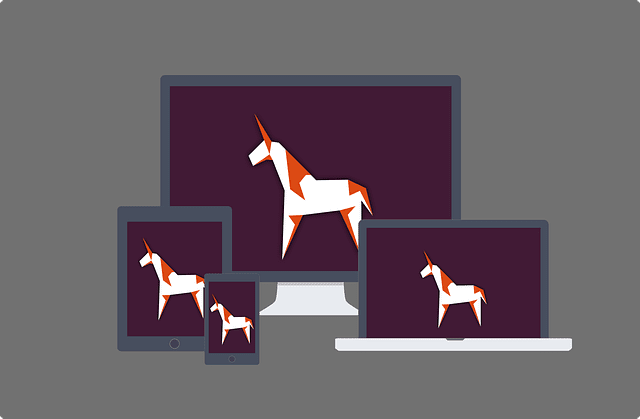It’s the year of Linux on the desktop! Thirty years into the life of Linux, it seems like people have said that every year. But now it’s really true, and it’s true because Linux found its real niche—not as a political statement about “free software,” but as a practical way to enable capable, low-cost machines for millions.
Linux was founded on the desktop, as one man’s project to create an alternative OS for his Intel-based PC. So it’s understandable that Linux fans have been focused on desktops and laptops as a sign of success—and not, say, servers, or IoT, or drones. They can finally rest easy. Walk into any school now, and you’ll see millions of Linux machines. They’re called Chromebooks.
Chrome OS and Android are both based on the Linux kernel. They don’t have the extra GNU software that distributions like Ubuntu have, but they’re descended from Linus Torvalds’ original work. Chromebooks are the fastest growing segment of the traditional PC market, according to Canalys. IDC points out that Canalys’ estimates of 12 million Chromebooks shipped in Q1 2021 are only a fraction of the 63 million notebooks sold that quarter, but once again, they’re where the growth is. Much of that is driven by schools, where Chromebooks dominate now.
Schoolkids don’t generally need a million apps’ worth of generic computing power. They need inexpensive, rugged ways to log into Google Classroom. Linux came to the rescue, enabling cheap, light, easy-to-manage PCs that don’t have the Swiss Army Knife cruft of Windows or the premium price of Macs.
But Are They Really Linux?
There’s a difference between Linux the technology and “Linux” the political movement, and the political side of Linux has always obscured the practical. Listen to Linux fans all the way back to the 90s, and you hear at worst a mashup of “fight the power” free software advocacy and triumphalist hacker manifestos. But most buyers rank philosophy really low in their purchase choices, behind things like price, ease of use, and software availability.
I get the desire to Keep Linux Weird. It really was a bottom-up project, originally designed for hackers. Back in ’91, Linus Torvalds said:
“This is a program for hackers by a hacker. I’ve enjoyed doing it, and somebody might enjoy looking at it and even modifying it for their own needs. It is still small enough to understand, use and modify, and I’m looking forward to any comments you might have.”
One great thing about open-source hacker projects is that they can be taken in unexpected directions. Linux isn’t controlled, …….
Source: https://www.pcmag.com/opinions/2021-is-the-year-of-linux-on-the-desktop

